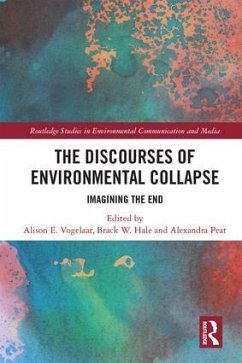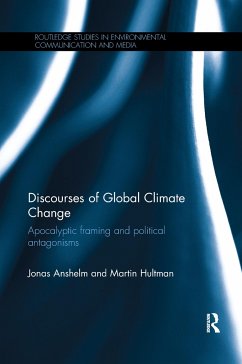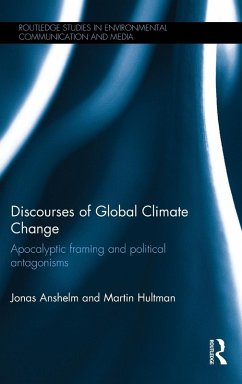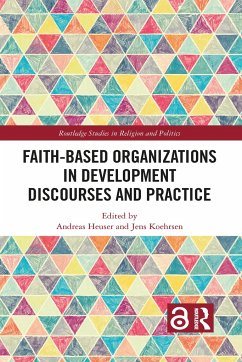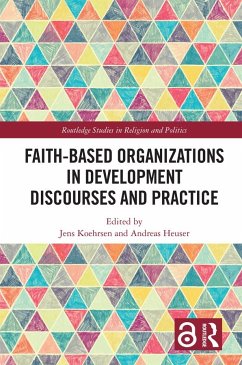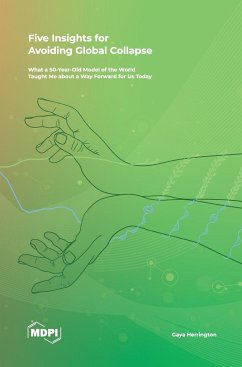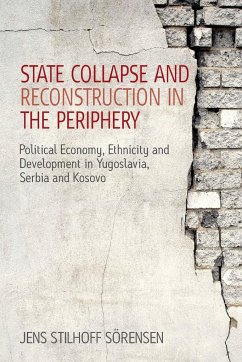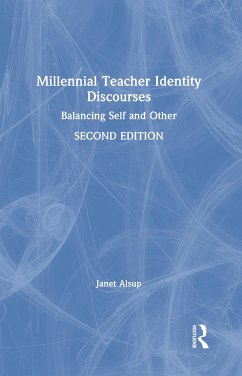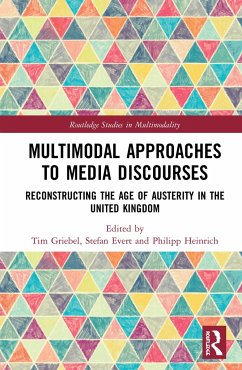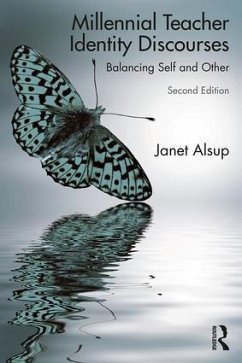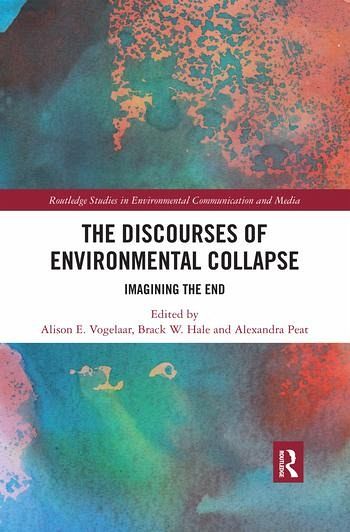
The Discourses of Environmental Collapse
Imagining the End
Herausgeber: Vogelaar, Alison E.; Peat, Alexandra; Hale, Brack W.
Versandkostenfrei!
Versandfertig in 1-2 Wochen
55,99 €
inkl. MwSt.

PAYBACK Punkte
28 °P sammeln!
In recent years, 'environmental collapse' has become an important way of framing and imagining environmental change and destruction, referencing issues such as climate change, species extinction and deteriorating ecosystems. Given its pervasiveness across disciplines and spheres, this edited volume articulates environmental collapse as a discursive phenomenon worthy of sustained critical attention. Building upon contemporary conversations in the fields of archaeology and the natural sciences, this volume coalesces, explores and critically evaluates the diverse array of literatures and imaginar...
In recent years, 'environmental collapse' has become an important way of framing and imagining environmental change and destruction, referencing issues such as climate change, species extinction and deteriorating ecosystems. Given its pervasiveness across disciplines and spheres, this edited volume articulates environmental collapse as a discursive phenomenon worthy of sustained critical attention. Building upon contemporary conversations in the fields of archaeology and the natural sciences, this volume coalesces, explores and critically evaluates the diverse array of literatures and imaginaries that constitute environmental collapse. The volume is divided into three sections- Doc- Collapse, Pop Collapse and Craft Collapse -that independently explore distinct modes of representing, and implicit attitudes toward, environmental collapse from the lenses of diverse fields of study including climate science and policy, cinema and photo journalism. Bringing together a broad range of topics and authors, this volume will be of great interest to scholars of environmental communication and environmental humanities.





